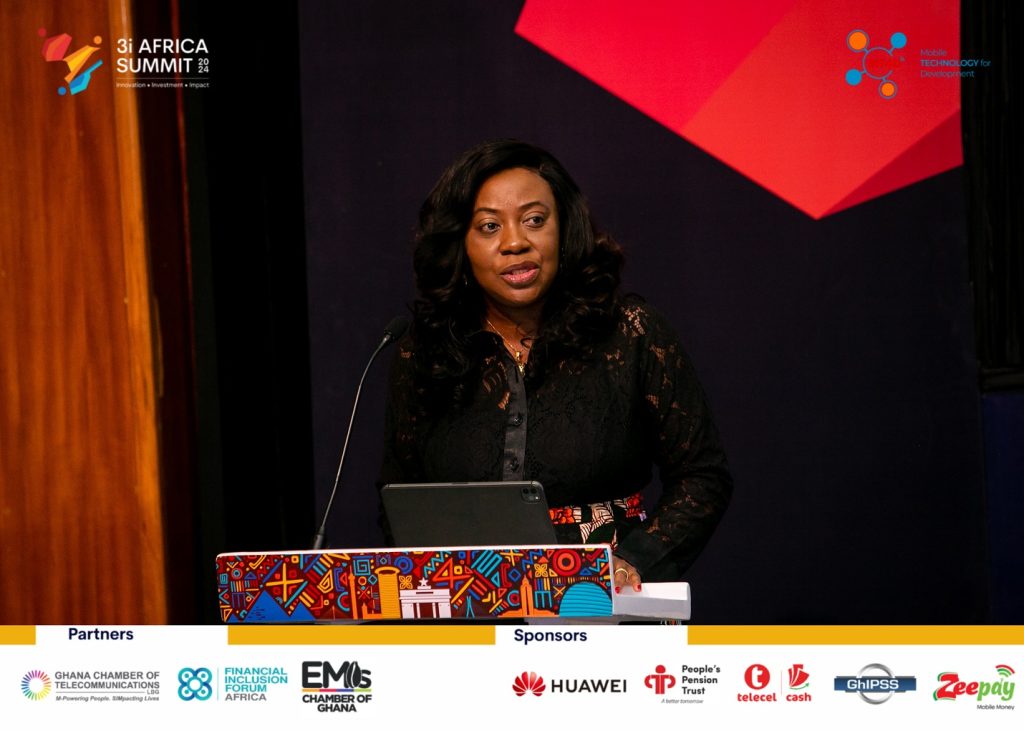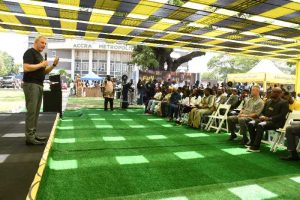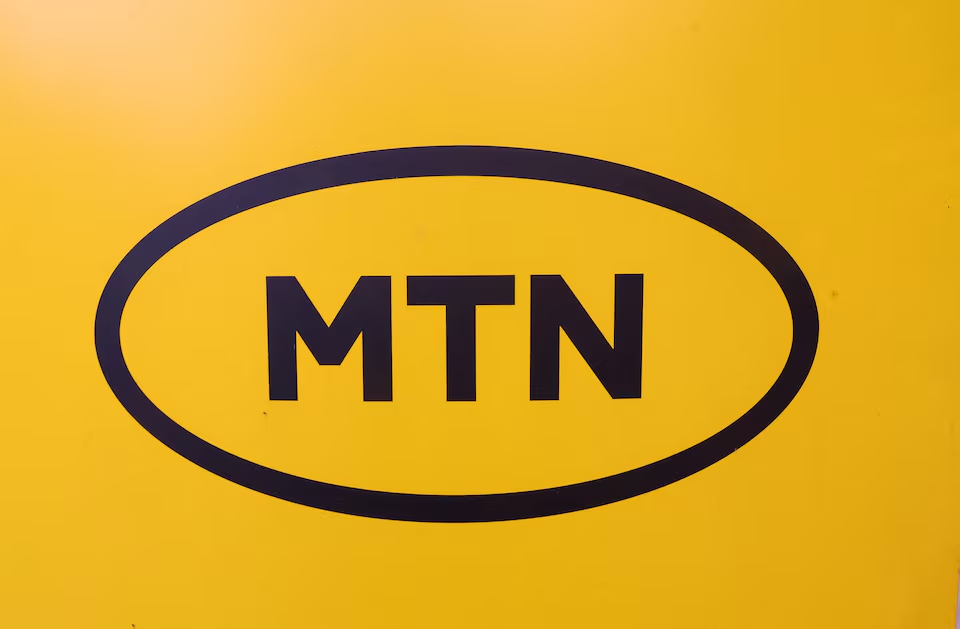Good morning ladies and gentlemen,
It’s a privilege to be here to speak on the topic ‘Digital Infrastructure and Innovation:
Accelerating Africa’s Development.’
In September 2020 at the height of the pandemic, I had the opportunity of being a
panellist at the Bruegel Annual meeting and pole on the topic ‘Africa after covid – Can
the economies recover?’
I said that when the pandemic clears, we will realize that we have been given a
generational opportunity to rebuild a more resilient, fair and inclusive society and here
we are. It’s happening right before our eyes. Having these dialogues on our
infrastructure, innovation, discussing acceleration of Africa’s development I believe is
the right way to go. But let’s not just discuss. After the discussions let’s implement,
implement, implement. That’s how the acceleration of Africa’s development will
happen.
I’m sure you agree with me that the contribution of digital to our development has
been accelerated not just in our individual lives but in the way businesses, government
and society in general operate. This will not be reversed. It is here to stay.
There are 3 points that I will like to touch on briefly before I handover to our panellists
to explore the topic further.
- The 1st is our infrastructure. According to the GSMA’s 2023 report on the State of
Mobile Internet Connectivity in sub-Saharan Africa, 15% of sub-Saharan Africa have
no network coverage, 59% have network coverage but are not connected which
means they make no use of this network signal flying over their heads and only
25% have signal and are also connected. Of the people who have a signal but are
not connected, 40% of them are not connected because they do not have a device.
Infrastructure in Africa is not just about mobile coverage – fibre both inland and
undersea, the data centres and more importantly energy sources to power the active
elements data are important and must be enhanced. Expanding this infrastructure,
making it future proof is critical. I’m sure the recent undersea cuts experience is still
fresh in our minds). We need a safe, resilient and high-quality communication
infrastructure that can enhance lives, business and society.
As a service provider, Telecel, we believe in investing in network infrastructure and will
continue to do so. However, we also believe in participating in infrastructure sharing
and co-investment programmes to close the gap.
The UN Broadband Commission for Sustainable Development estimates that an
additional $109 billion in investment is required to achieve universal, affordable, and
good quality broadband internet access by 2030. Where is this funding going to come
from?
Under prevailing global conditions, private investments are not set to increase. African
governments’ budgets are tightening, and priority will have to be given to citizens’
most imminent needs, regrettably some donors may have to divert foreign aid
towards their own domestic reconstruction.
This poses a real challenge for the progress towards achieving Sustainable
Development Goal 9 to provide universal and affordable access to the internet across
Africa.
My 1 st call on the topic is for cooperation and partnership between governments,
industry, DDIs, FDIs, to work together on this if we are serious about it.
- Now let’s move to the digital economy itself and this brings me to my second
point. According to the IFC and Google’s e-Conomy Africa 2020 report, ‘ Africa’s
digital economy is one of the largest overlooked investment opportunities
available, with a potential to add US$180 billion to Africa’s GDP by 2025’.
I just touched on infrastructure; however infrastructure alone is not enough. Innovation is
the fuel that powers progress and drives change. Africa is home to some of the brightest
minds and most innovative thinkers in the world. From mobile banking solutions to
renewable energy technologies, African innovators are leading the way in finding creative
solutions to the continent’s most pressing challenges.
We must be more deliberate and invest in tapping into the innovative capacity of our talents
and prioritise innovation in schools and industry to drive development at scale. As for tech
start-ups, we know how to kick them off very well. I think we have mastered that. I am
getting tired of seeing too many startups never seeing the future because there is no
support to drive scale. It’s not enough to support them with initial funds such as those from
family and friends. We need to follow it through till they have scale.
Now to my third and final point – Digital literacy.
If we have the infrastructure and sort out all the innovative solutions, will we have an
African population ready to take advantage of it and accelerate our development?
From the statistics I shared earlier on, if 59% of the population of Africa do not use mobile
internet despite living in an area with coverage how do we drive adoption?
Africa’s working-age population is projected to surge by approximately 450 million
individuals from 2015 to 2035. Sustaining current trajectories would see less than a quarter
gain access to stable employment – according to the World Bank.
Expanding internet accessibility holds the potential to generate millions of job opportunities
and upskill young people for tech opportunities. We need to ensure a wider ripple effect of
digital technology and innovation uptake and adoption.
Governments and businesses must invest in digital literacy programmes to equip
African youth with the skills needed to thrive in the digital economy, from coding to
digital marketing to cybersecurity and data analytics. Instil digital technology
knowledge in our young people right from primary school and build their exposure.
I am looking forward to the sessions today as our panellists explore our potential and
share their thoughts on how we do this and do it with speed.
Together, we must crack the code to realise the full potential of Africa’s digital
revolution and development. Thank you and enjoy the sessions.





